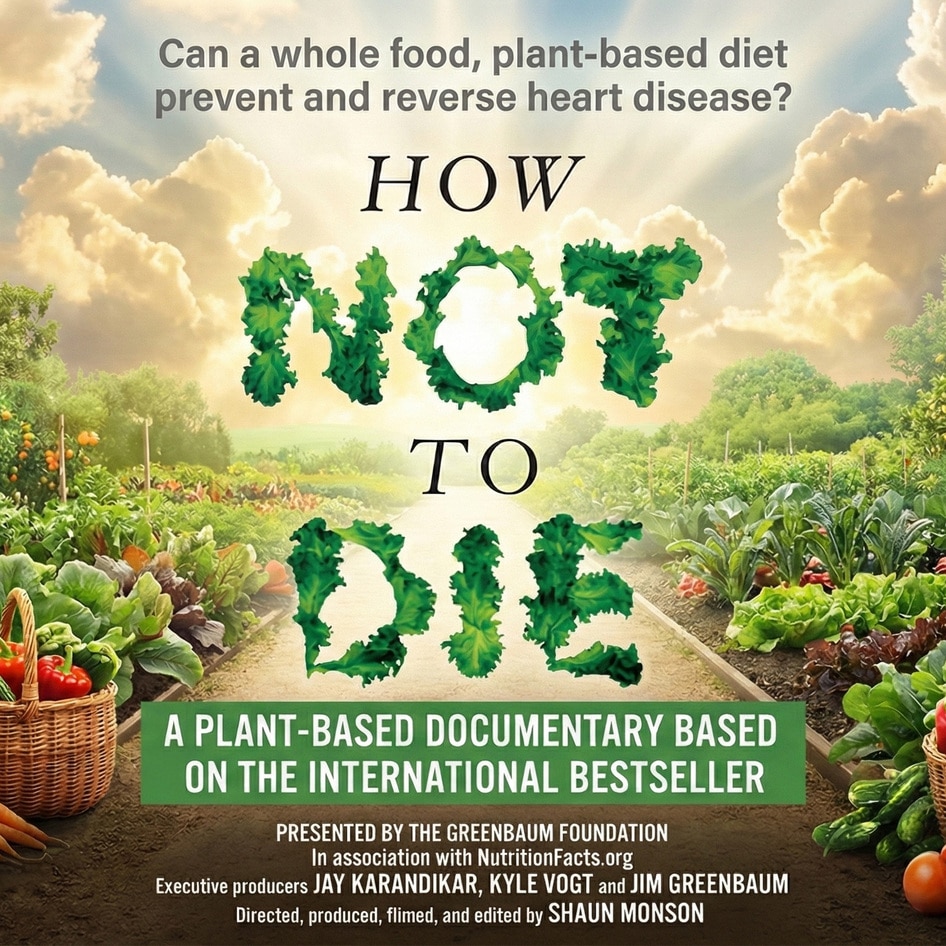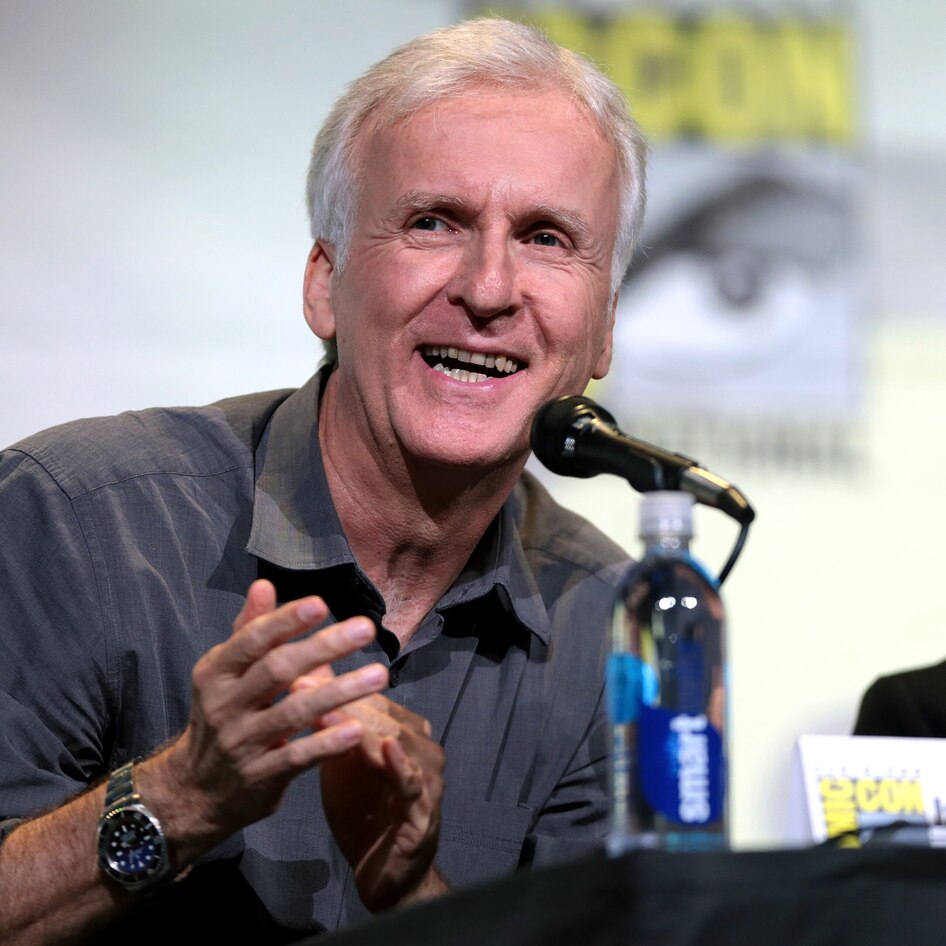It’s hard to imagine a time when you couldn’t just open Netflix and have access to hundreds of movies, sitcoms, drama series, and hard-hitting documentaries. But actually, the streaming site has only really been a big part of our lives since the early 2010s. Weird, right? It started as a DVD service in the late 1990s, before pivoting to streaming in 2007, three years later it launched its first stream-only plan. And the rest, as they say, is history.
Now, Netflix is such a big part of our day-to-day lives that it can influence everything from what songs we listen to (queue Kate Bush’s Running Up That Hill) to what clothes we wear (thanks Bridgerton for the Regency revival) to which issues we care about. The global streaming giant is packed with impactful climate crisis-, diet-, and animal welfare-related content, and it’s had a big effect on how many of us see the world.
In fact, we would go so far as to say that Netflix—which boasts more than 80 million subscribers in the US and Canada alone—has played (and still is playing) a key role in making plant-based diets and ethical consumerism mainstream.
Over the last 10 years, it has hosted some of the most hard-hitting exposés on the food industry (Cowspiracy and What the Health are just two examples) and helped to inspire many people around the world (including famous names) to change their eating habits for good. It has also changed how countless people see animals in the entertainment industry (looking at you, Blackfish) and made more of us want to reach for plant-based, whole foods over processed products (Live to 100: Secrets of the Blue Zones is just one recent example).
To help demonstrate just how much Netflix has helped turn us all into more conscious consumers over the last decade, we put together a timeline of some of its biggest releases to date and unpacked the impact each has had (and continues to have) on viewers around the world.
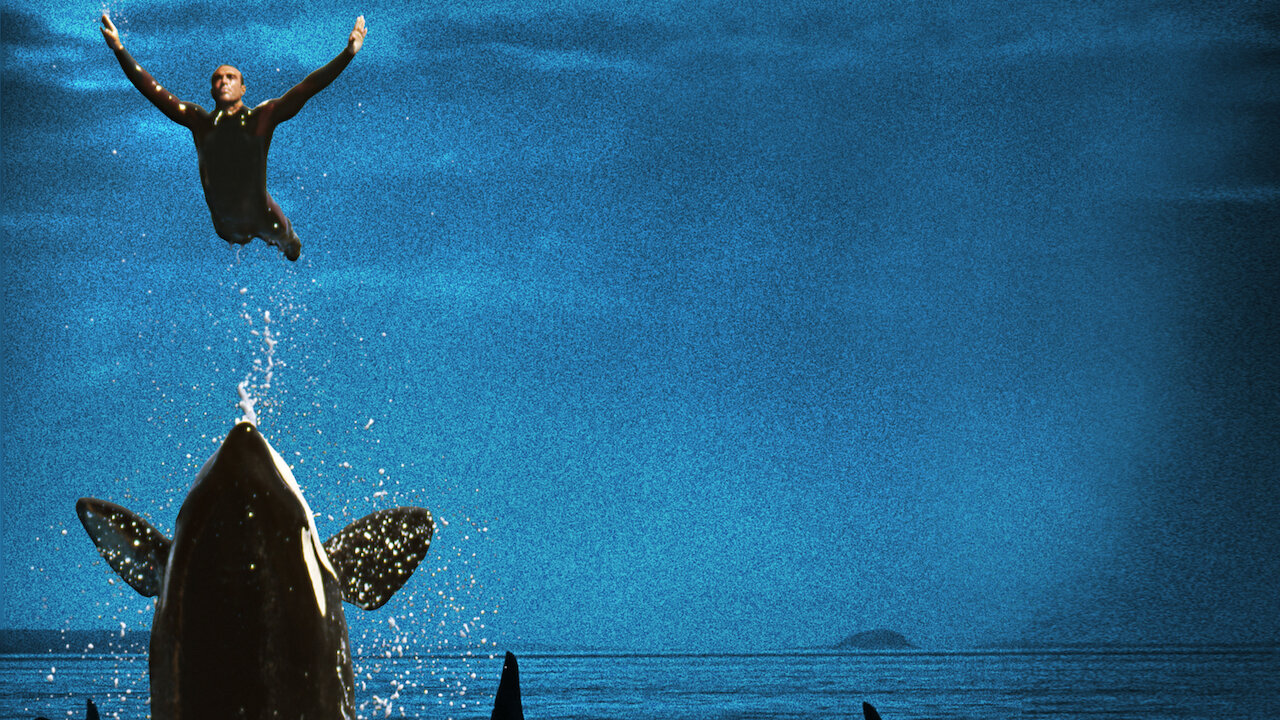 Netflix
Netflix
2013: ’Blackfish’ exposes Seaworld, causes profits to plummet
Thanks to Netflix, now, when millions of people think of SeaWorld they also think of Blackfish, the harrowing documentary that tells the tragic story of Tilikum, the former orca star of SeaWorld’s Shamu shows, and the people that he killed, including his trainer Dawn Brancheau. The film lifts the veil behind the marine entertainment industry to show the suffering and torment of captive animals in the industry and the catastrophic consequences it can have.
As a result of the film’s release, SeaWorld’s stock prices plummeted, ticket sales fell, and major travel companies pulled their partnerships with the theme park. Eighteen orcas still remain at three of SeaWorld’s parks, but the company announced an end to its orca breeding program in 2015 following relentless campaigning from animal-rights activists.
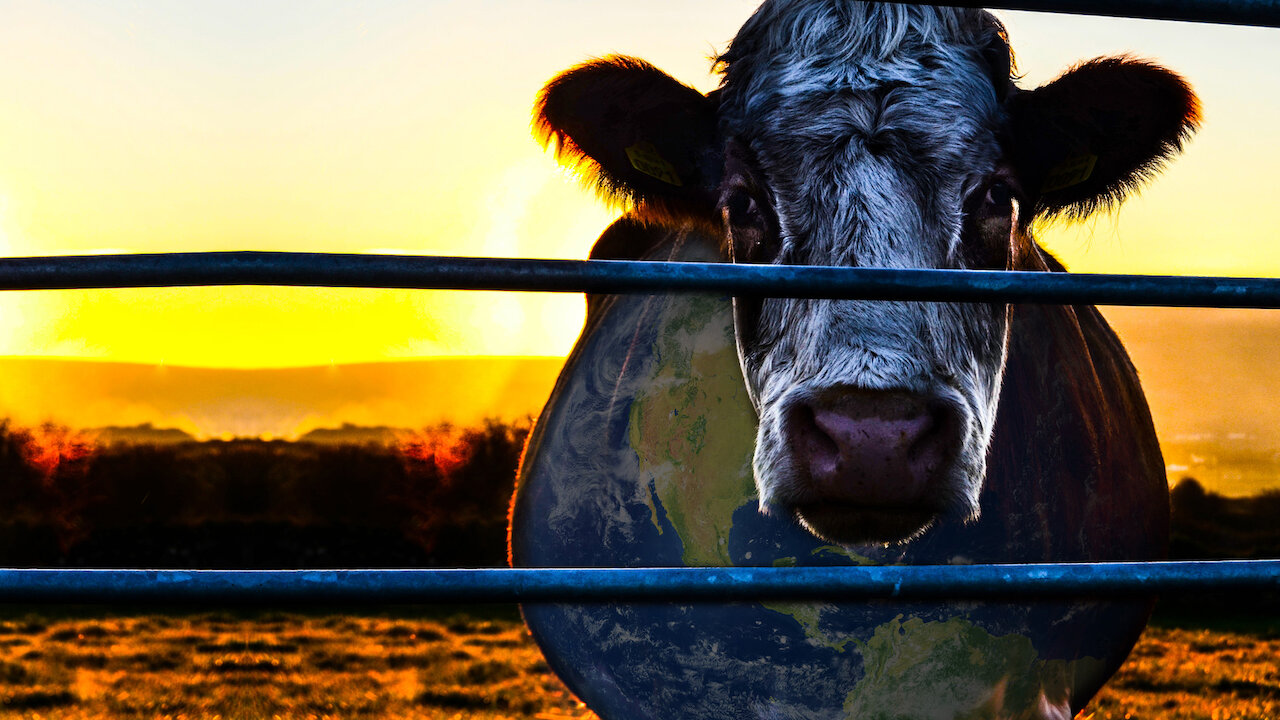 Netflix
Netflix
2015: ’Cowspiracy’ showcases shocking truths about animal agriculture’s environmental impact
In 2014, we named Cowspiracy: The Sustainability Secret—which demonstrates animal agriculture’s detrimental impact on the environment—as our movie of the year, and the following year, it made it to Netflix. At the time, we called the film “as enlightening as An Inconvenient Truth and as impactful as Blackfish,” and noted that it “clearly demonstrates why you are not truly an environmentalist if you still consume meat and dairy products.”
Since then, the documentary has encouraged countless individuals to reexamine their dietary habits (including actor Richa Moorjani—find our interview with her here!). In early 2024, a global survey from the vegan dating app Veggly revealed that Cowspiracy remains one of the most effective vegan documentaries to date.
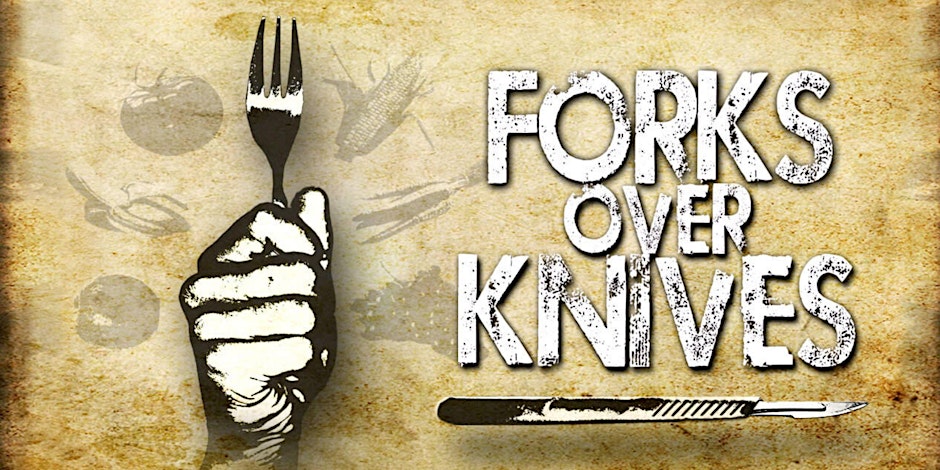
2016: ’Forks Over Knives’ discloses link between diet and disease
Forks Over Knives has been on and off Netflix for quite a few years now, but some records show that after it was released in 2011, it was re-added to the platform in 2016. Before 2018’s What the Health (more on that momentarily), the provocative and controversial film moved the science-backed link between animal-heavy diets and chronic disease closer to the mainstream conversation on health for the first time.
“Forks Over Knives introduced the general public to the idea that food wasn’t just some modest force,” Physicians Committee for Responsible Medicine President Neal Barnard, MD, who features in the film, said in a statement. “It wasn’t just going to bring your cholesterol down a little bit or something like that. It was something revolutionary that could empower you to change your life dramatically.”
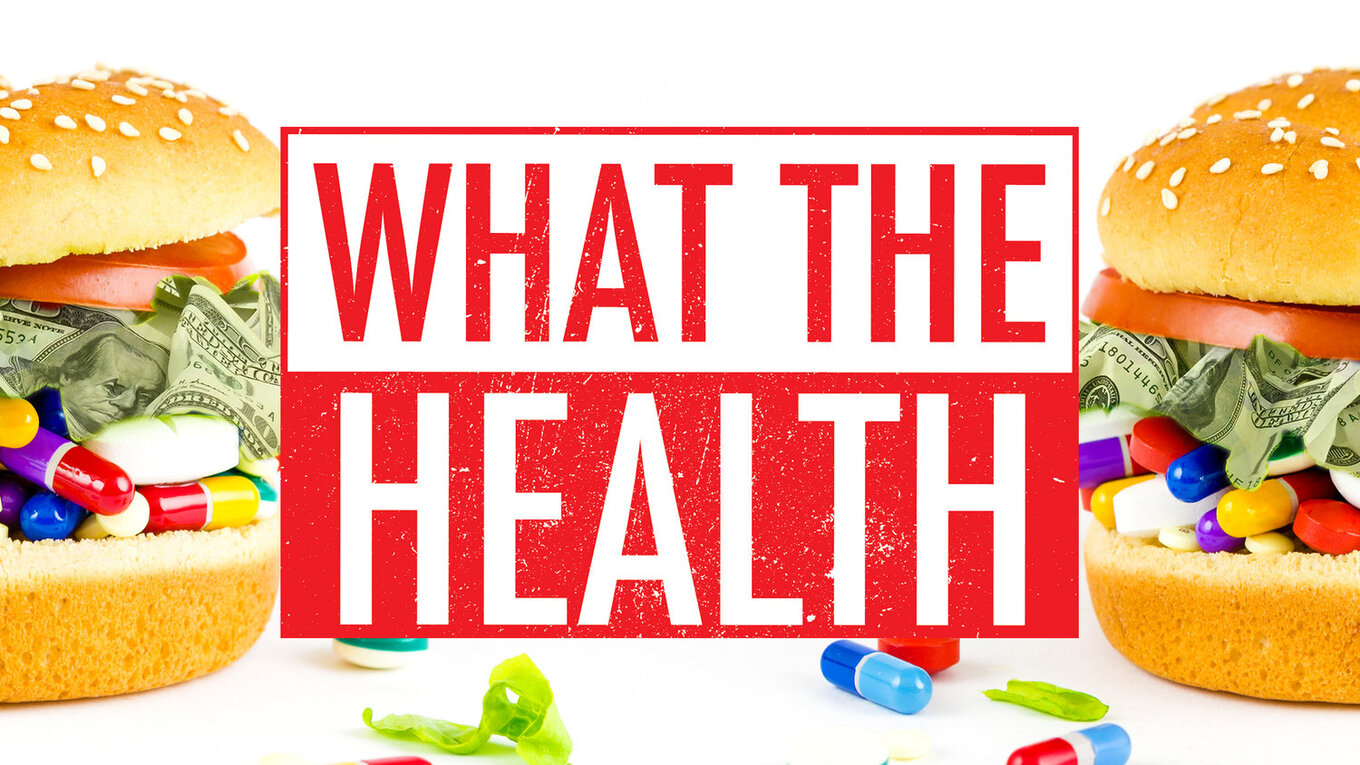
2017: ‘What the Health’ inspires another new wave of vegans
In 2017, the vegan movement was really starting to pick up some speed. It was even capturing the attention of celebrities, and that was largely down to What the Health’s arrival on Netflix. Like Forks Over Knives, the film—backed by vegan actor Joaquin Phoenix—dives deep into the reality of the link between animal-heavy diets and disease, as well as the relationship between the billion-dollar health, pharmaceutical, and meat industries.
Celebrities who Tweeted about the film at the time included Ne-Yo, Moby, Shay Mitchell, and Nathalie Emmanuel. In fact, the film arguably changed Lewis Hamilton’s life. The Formula One star is now a vocal vegan and ethical investor, and What the Health was a big part of his journey. “Going to watch What the Health tonight,” he wrote on Snapchat back in 2017. “I’m on a mission to go vegan, people. Animal cruelty, global warming, and our personal health is at stake.”
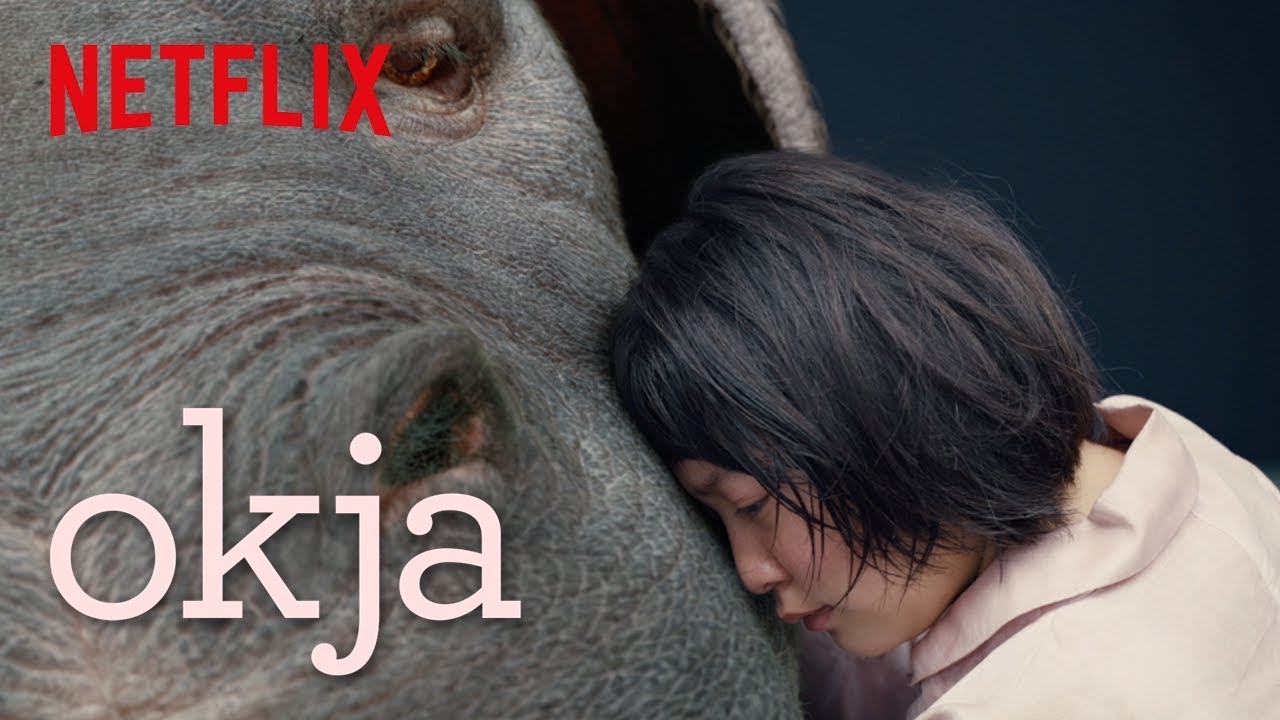 Netflix
Netflix
2017: ‘Okja’ breaks hearts everywhere, Google searches for ‘vegan’ surge
Okja follows the heart-breaking (fictional) story of a young girl named Mija and a super pig named Okja. In simple terms, the film—which draws comparisons with the real-life meat industry—follows Mija as she fights for Okja to be returned home after he is taken by a giant corporation for the meat industry.
The Netflix movie pulled on heartstrings all over the world and encouraged many to give up meat for good. Jon Ronson, who co-wrote the movie with Bong Joon-ho (who also turned vegan during production), told GQ back in 2018: “Oh, [there were] so many people [who were impacted]. So many stories. I remember getting an email right before the film came out saying, ‘There are people all around the world who don’t realize they’re about to become vegetarians.’”
“I read that Google searches for ‘vegan’ went up 58 percent after Okja,” he added (GQ clarified it was 65 percent). “I have no f***ing idea if they carried on that lifestyle, but the impact is definitely there.”
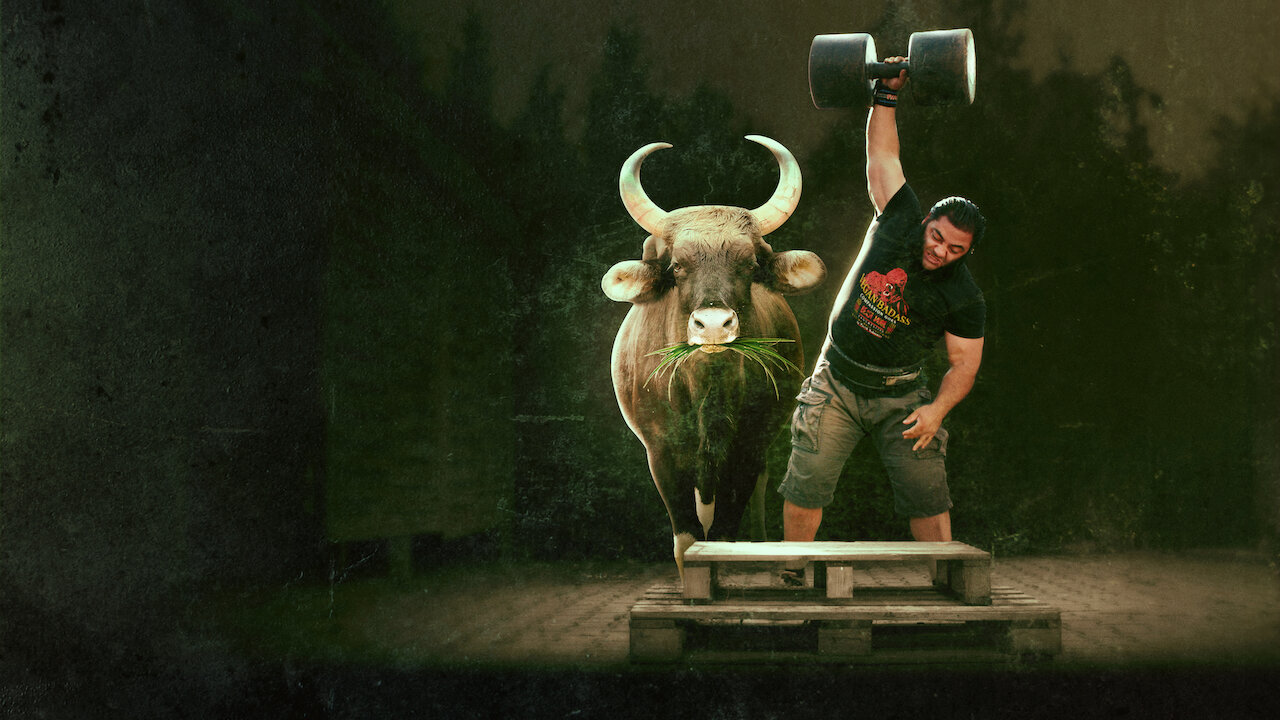 Netflix
Netflix
2019: ‘The Game Changers’ proves that meat isn’t essential for muscle
In 2019, The Game Changers became one of the most talked-about shows on Netflix. The groundbreaking documentary followed Special Forces trainer James Wilks and the stories of several elite athletes who were at peak fitness and performance, all on a plant-based diet.
Hamilton featured in the film, alongside martial arts star Jackie Chan, NBA player Chris Paul, tennis champion Novak Djokovic, and former professional bodybuilder Arnold Schwarzenegger. The film inspired many to rethink their relationship with meat, including Roger Whiteside, CEO of British bakery chain Greggs (famed, in part, for its vegan sausage roll, top bodybuilder Kai Greene, cyclist Chris Froome, and actor Hafþór Júlíus Björnsson.
Damian Soong, CEO and co-founder of vegan nutrition Form Nutrition, believes that The Game Changers—a film that positioned plant-based nutrition as optimal for performance—was the natural next step in the vegan documentary world. “The previous documentaries in some ways paved the way for this. There is now a greater acceptance and awareness of climate change, and the impact of industrial farming, and the press around meat means it’s very much in the public consciousness,” he told the Telegraph in 2019.
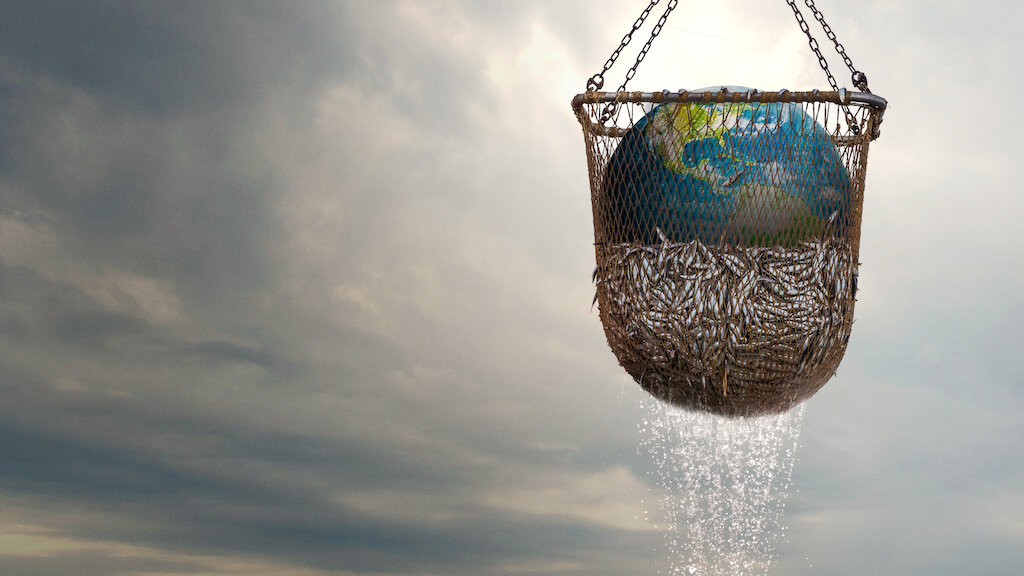 Netflix
Netflix
2021: ‘Seaspiracy’ lifts the veil on the industrialized fishing industry, brands make big changes
Until 2021, most of Netflix’s hard-hitting exposés had focused on animal agriculture on land, but Seapiracy took us into the water and unveiled some of the horrors going on in the world’s oceans. The film documented the industrialized fishing industry and the harm that the world’s appetite for mass-produced fish is doing to marine life and the planet.
The impact was significant. After its release, one Hong Kong store announced it would phase out fish products, and Dutch food brand Schouten announced it was launching vegan fish sticks in response to growing demand for more fish-free products. “We have noticed that the Netflix documentary Seaspiracy has made a big impression on people and has contributed to a growing awareness of the importance of plant-based alternatives to fish,” Schouten Product Manager Annemiek Vervoort said at the time. “This will further increase the demand for fish substitutes.”
 Netflix
Netflix
2023: ‘Live to 100: Secrets of the Blue Zones’ encourages people to eat more plants for a longer life
Live to 100: Secrets of the Blue Zones, a four-part series that follows explorer Dan Buettner around the world’s longevity hotspots (or Blue Zones), hit Netflix last August. The series demonstrated that people in Okinawa, Japan, Sardinia, Italy, Ikaria, Greece, Nicoya, Costa Rica, and Loma Linda, California all seem to live longer, healthier lives than people in the US, and they have much in common, including that they eat a predominantly plant-based diet.
The series was one of the most talked-about series of the fall, gripping social media and dominating headlines for weeks after its release. According to the Daily Mail, several viewers “vowed to overhaul their lives” after watching.
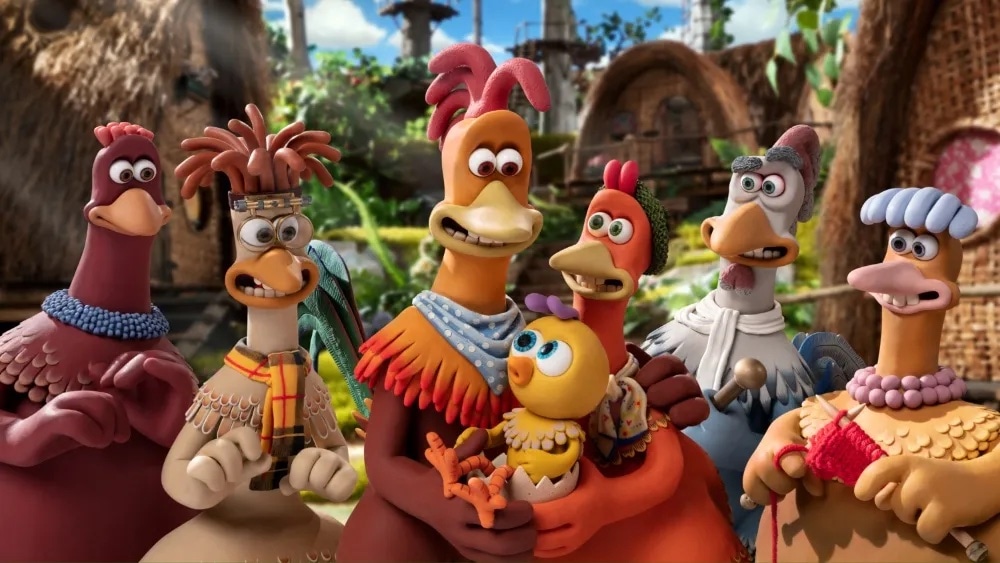 Netflix
Netflix
2023: ‘Chicken Run: The Dawn of the Nugget’ shines a light on fast-food cruelty
Two decades after the first Chicken Run, Chicken Run: The Dawn of the Nugget was released on Netflix. It follows the same group of chickens as the first film, as they attempt to break into a factory farm to save their fellow birds from becoming nuggets for the fast food industry.
The film—watched nearly 12 million times in its first week of release—was intended to make people think. “We want the film to be engaging and entertaining and a great ride, mostly,” director Sam Fell, who reportedly went vegan during filming, said. “But yes, if you come away and you think a little bit more like a chicken by the end of it, then that’s not a bad thing.”
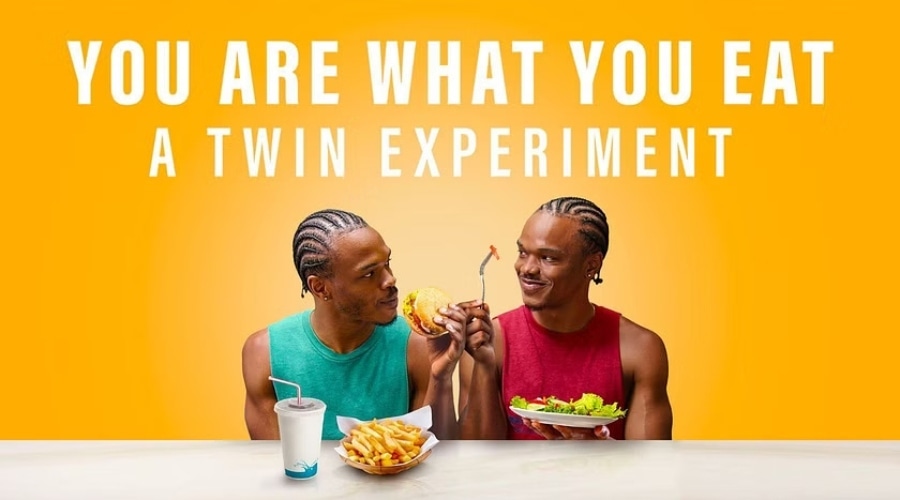 Netflix
Netflix
2024: ‘You Are What You Eat: A Twin Experiment’ champions a whole food, plant-based diet
Netflix kicked off 2024 with yet another plant-based hit. You Are What You Eat: A Twin Experiment followed a groundbreaking twin study from Stanford Medicine, which seemed to offer up the closest to definitive proof we have so far that a whole food, plant-based diet really is the best for our health.
The series—which also delved into the realities of the meat industry’s environmental and animal welfare impact—inspired multiple headlines, debates, reviews, and TikTok videos, some of which boast hundreds of thousands of views. It is eye-opening, at times jaw-dropping, and without a doubt, inspiring. You can find our biggest takeaways from the film here.
For more on documentaries, read:
JUMP TO ... Latest News | Recipes | Guides | Health | Subscribe





